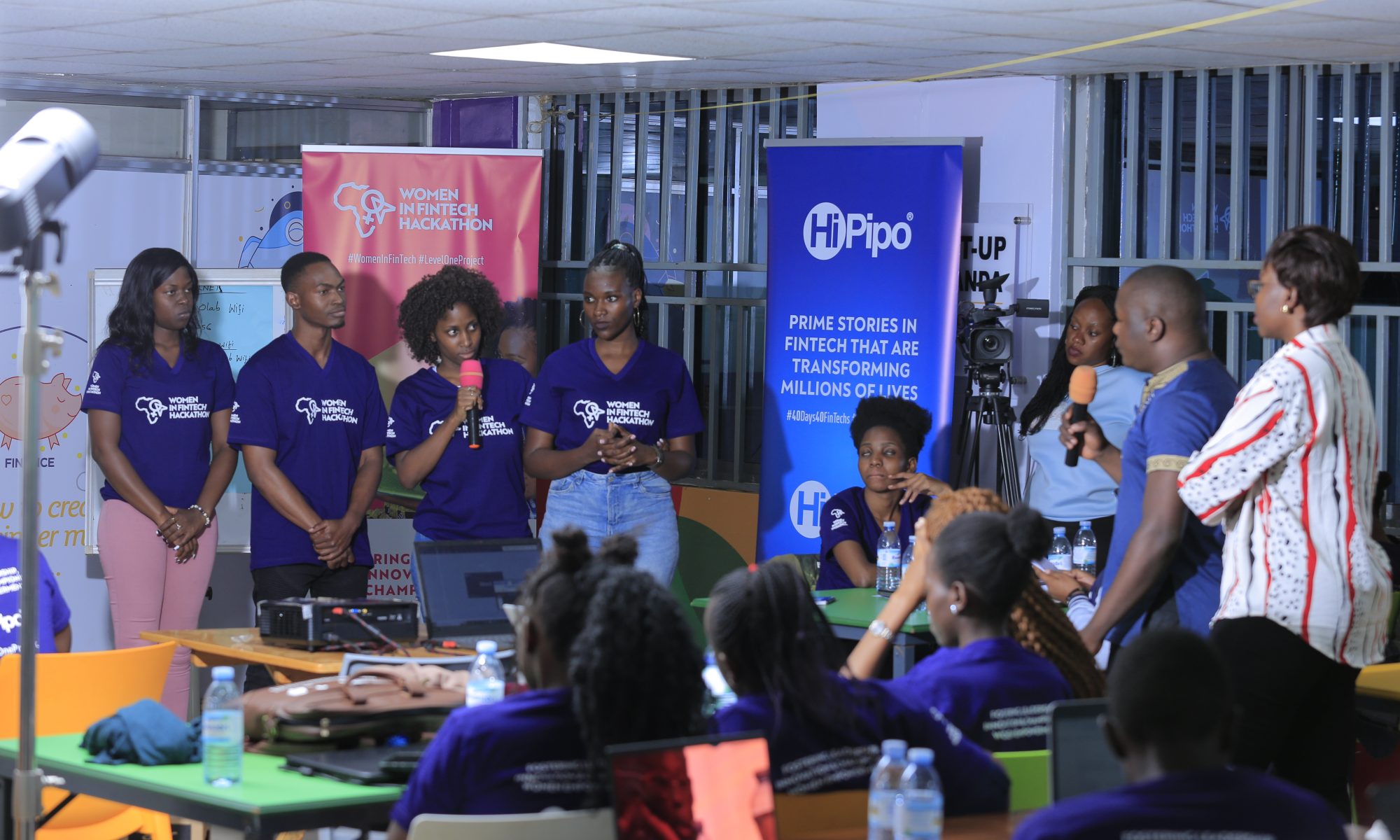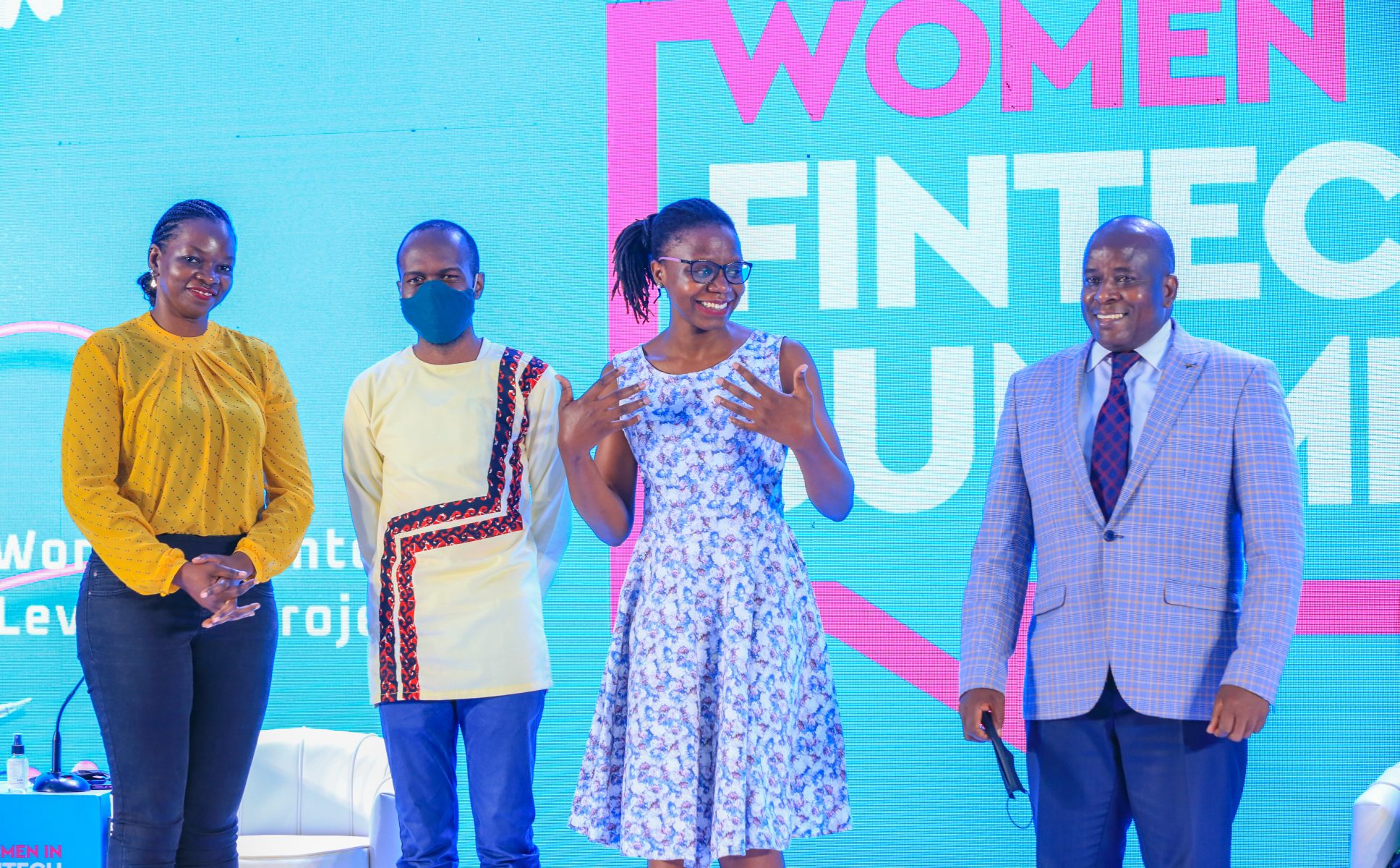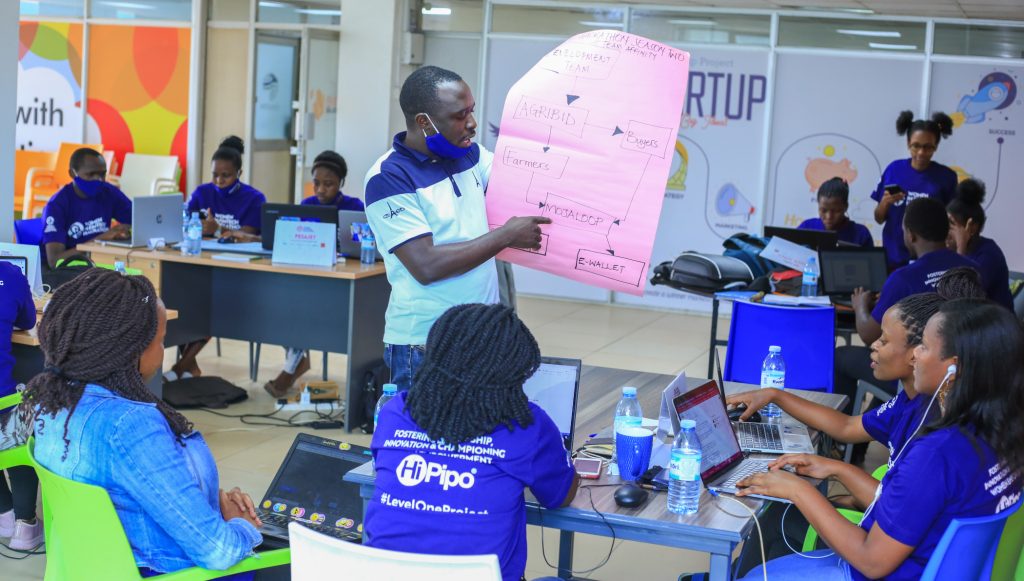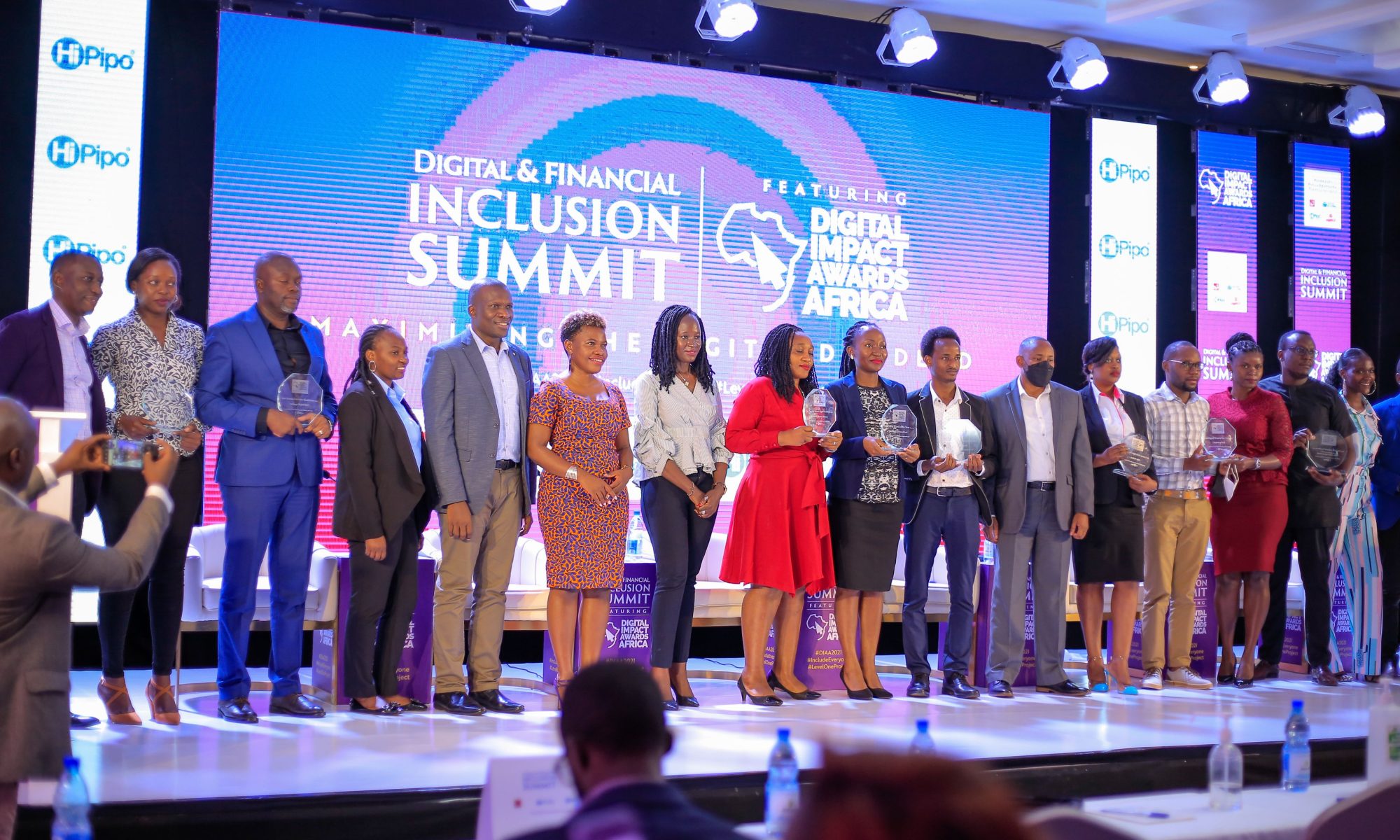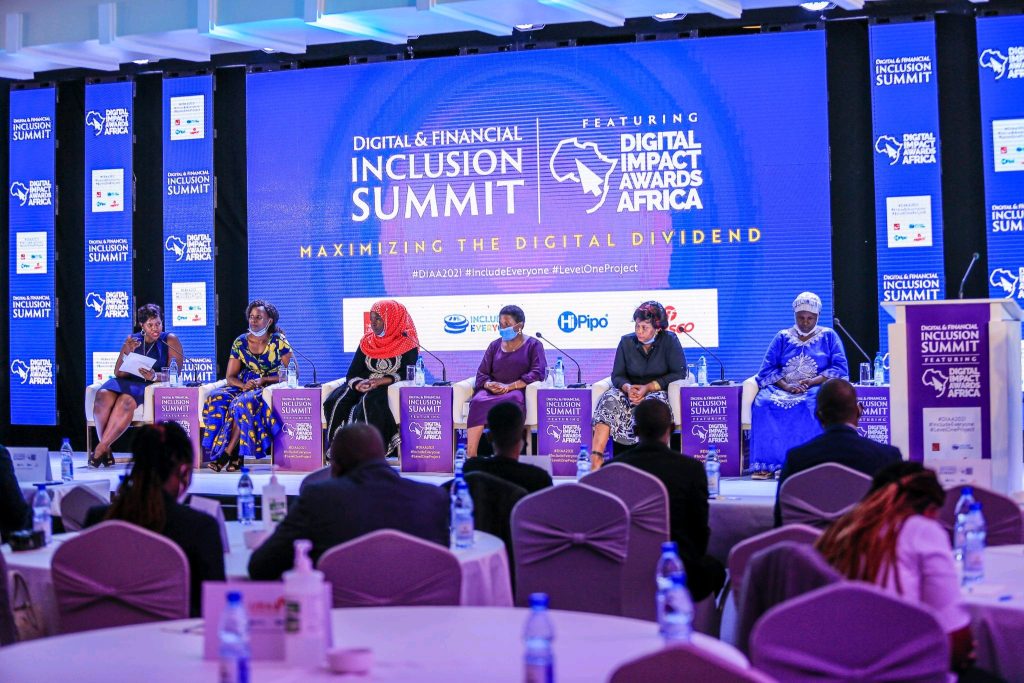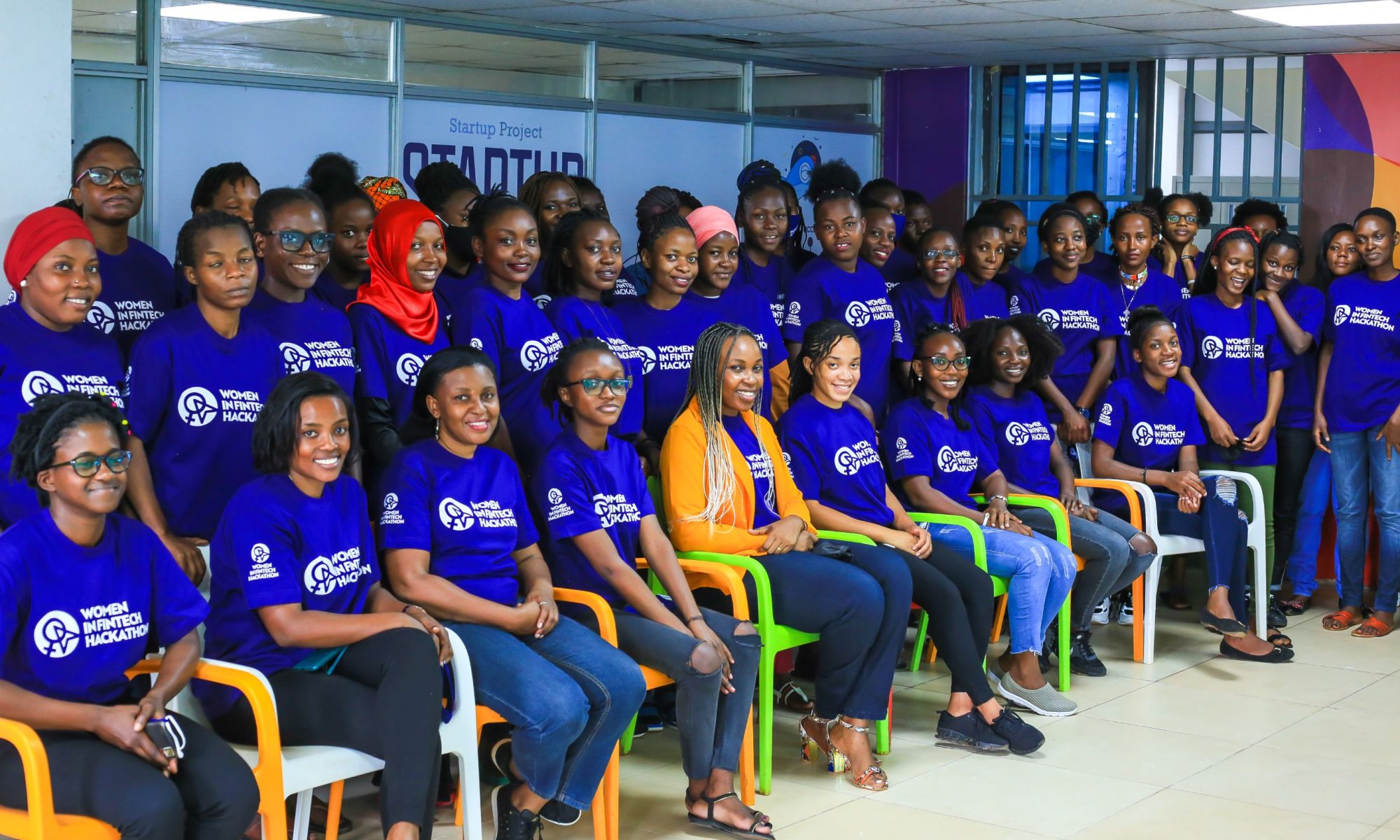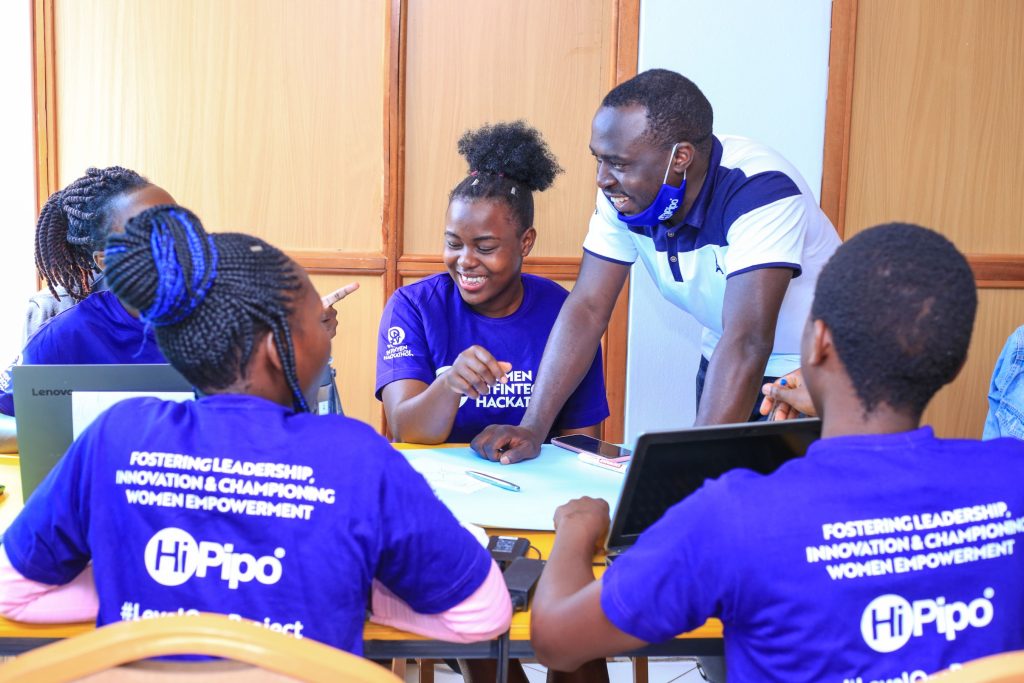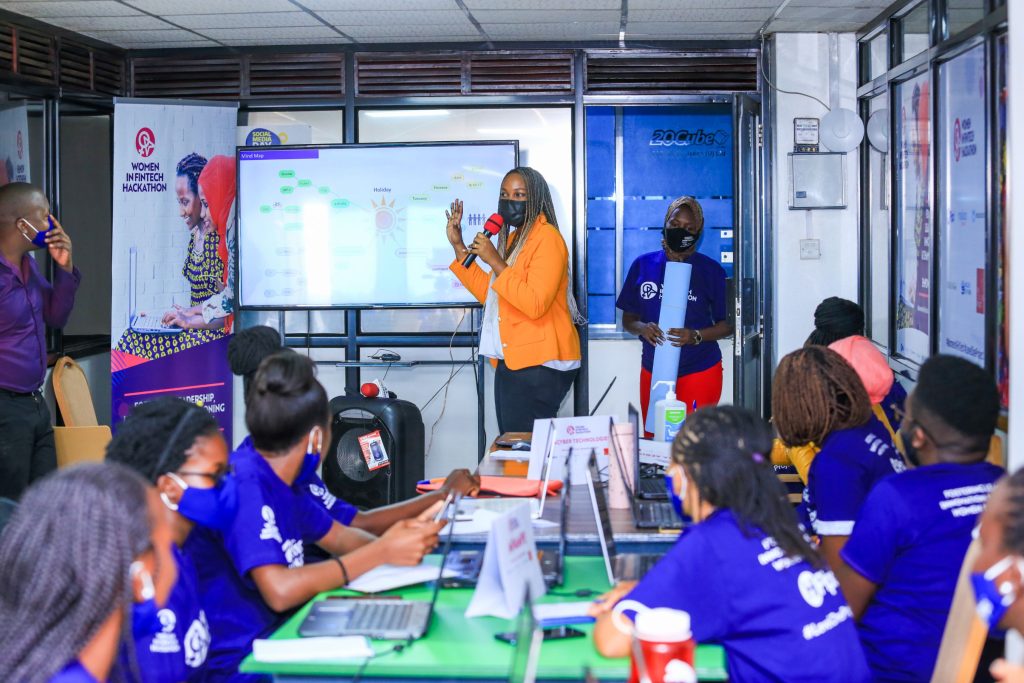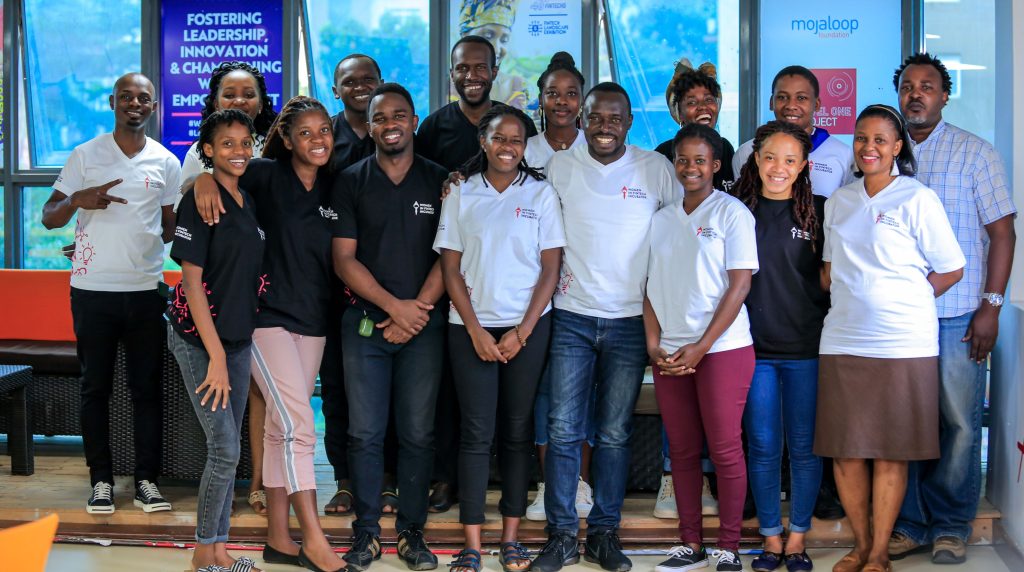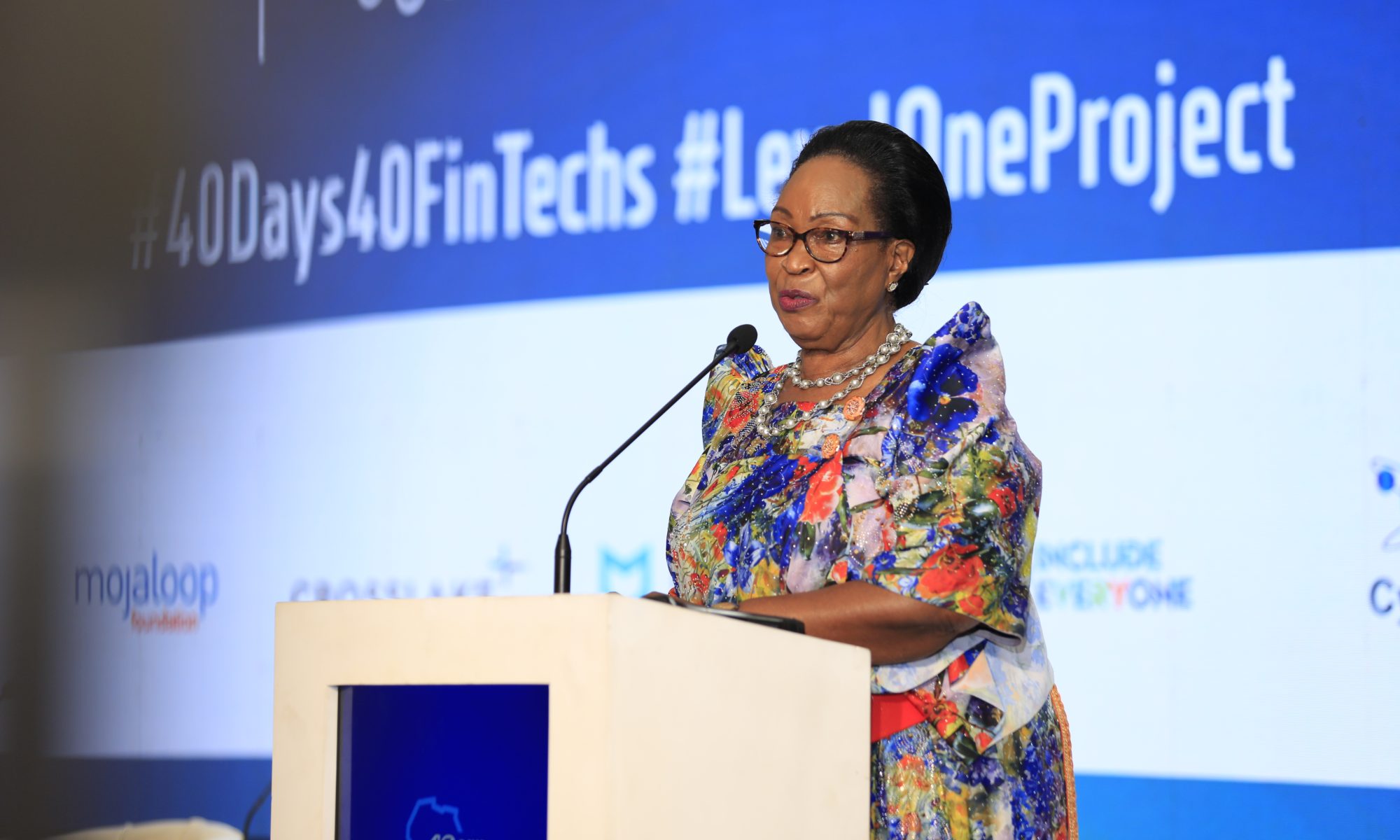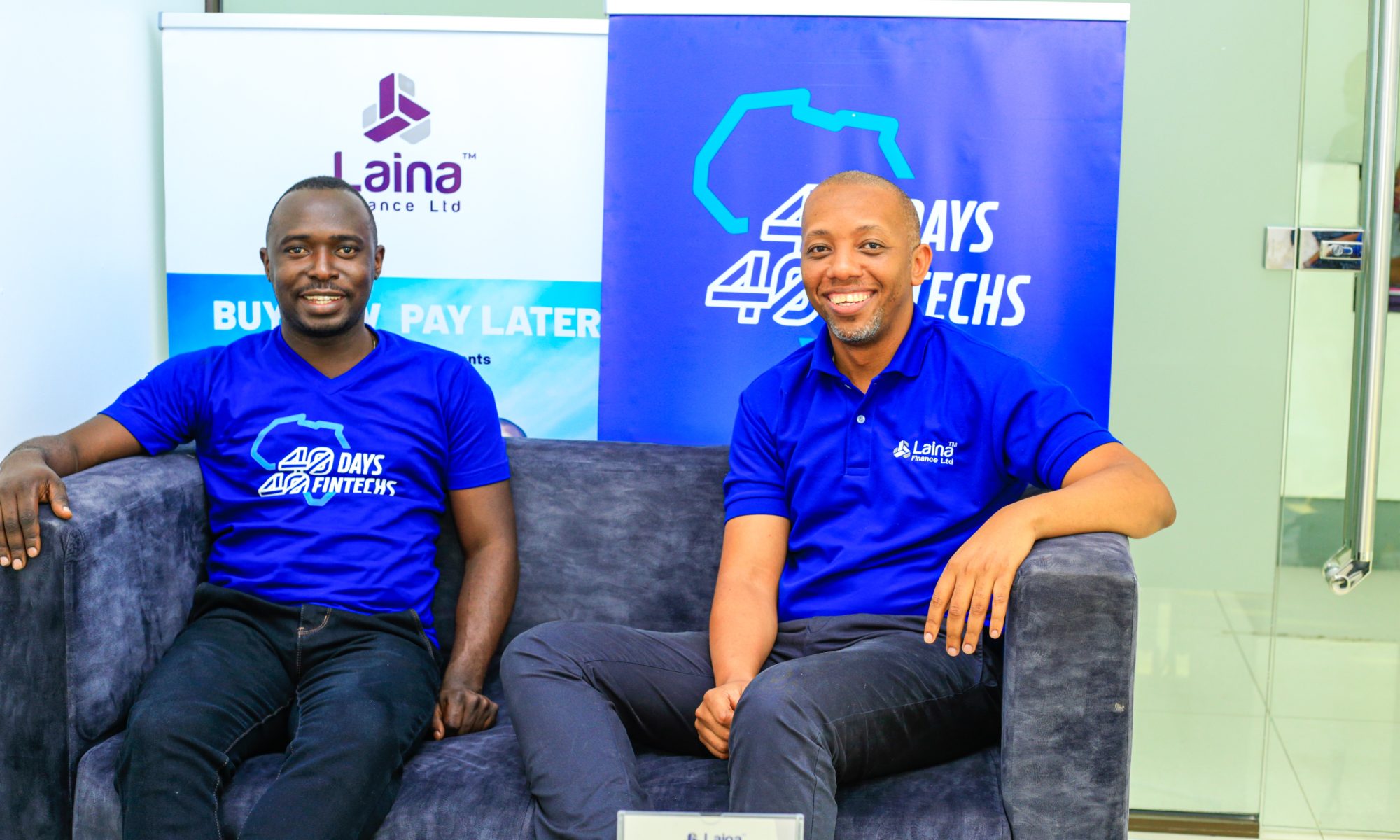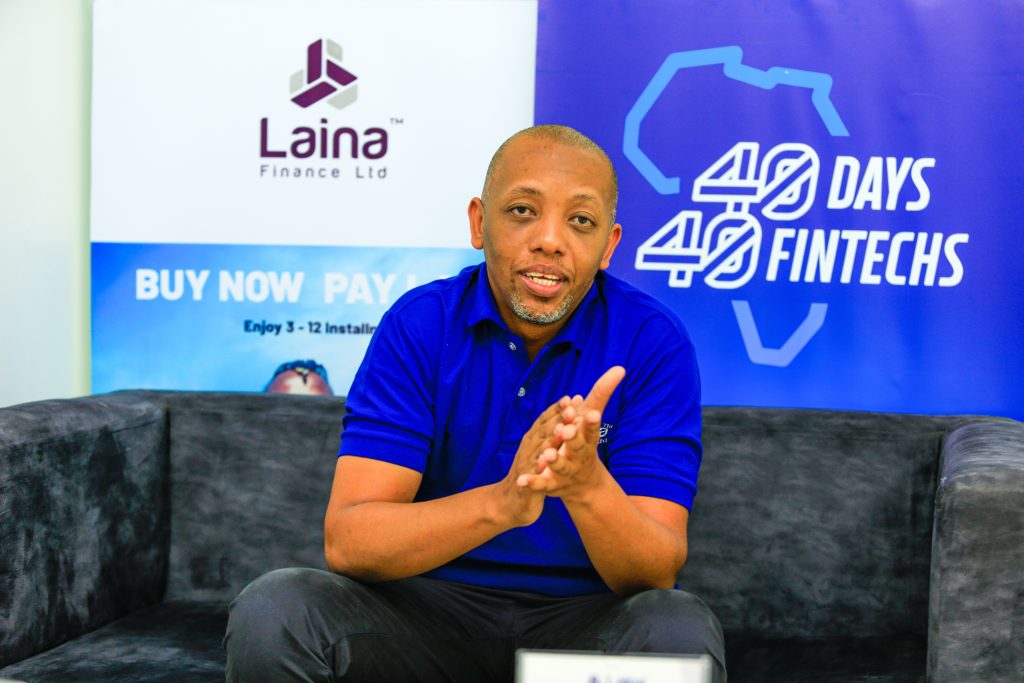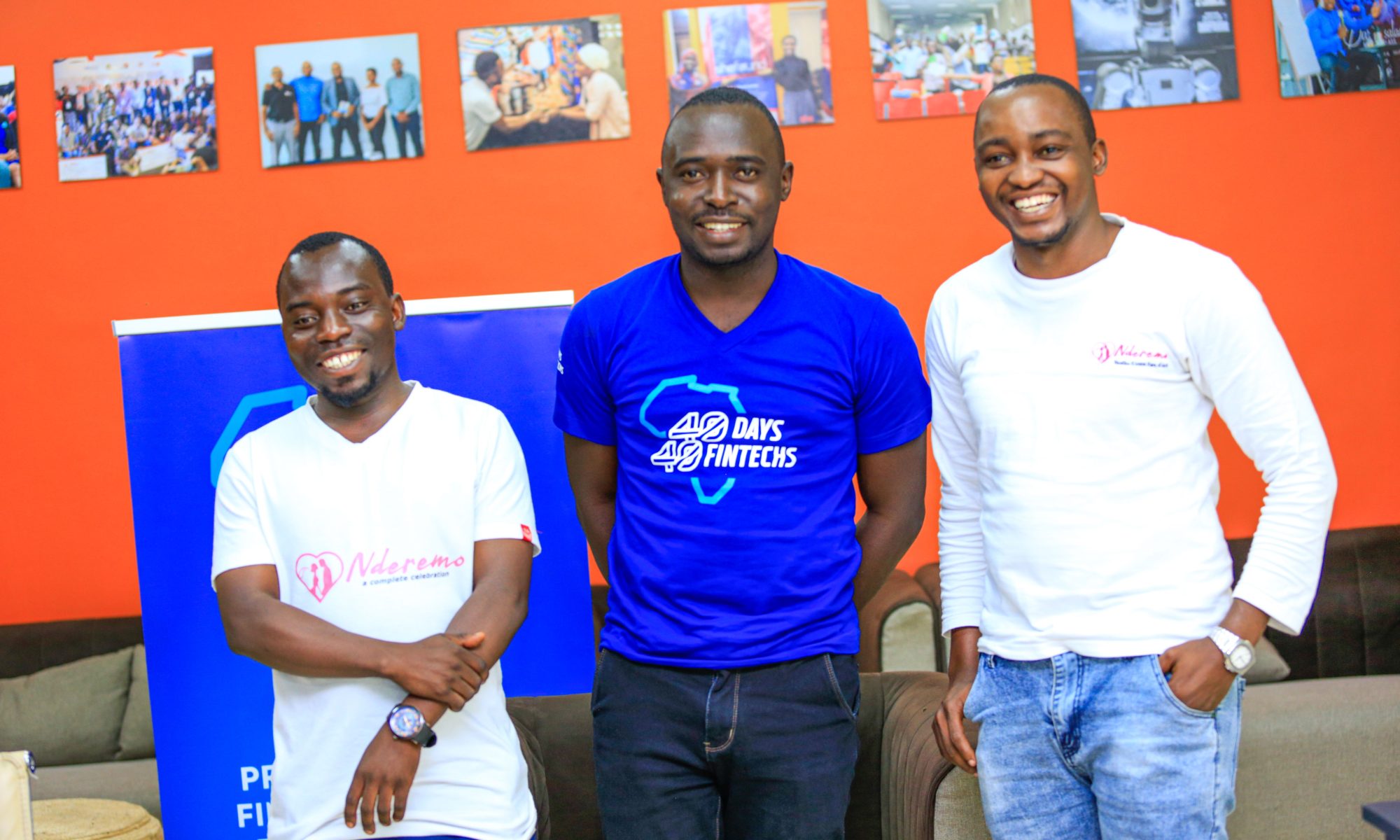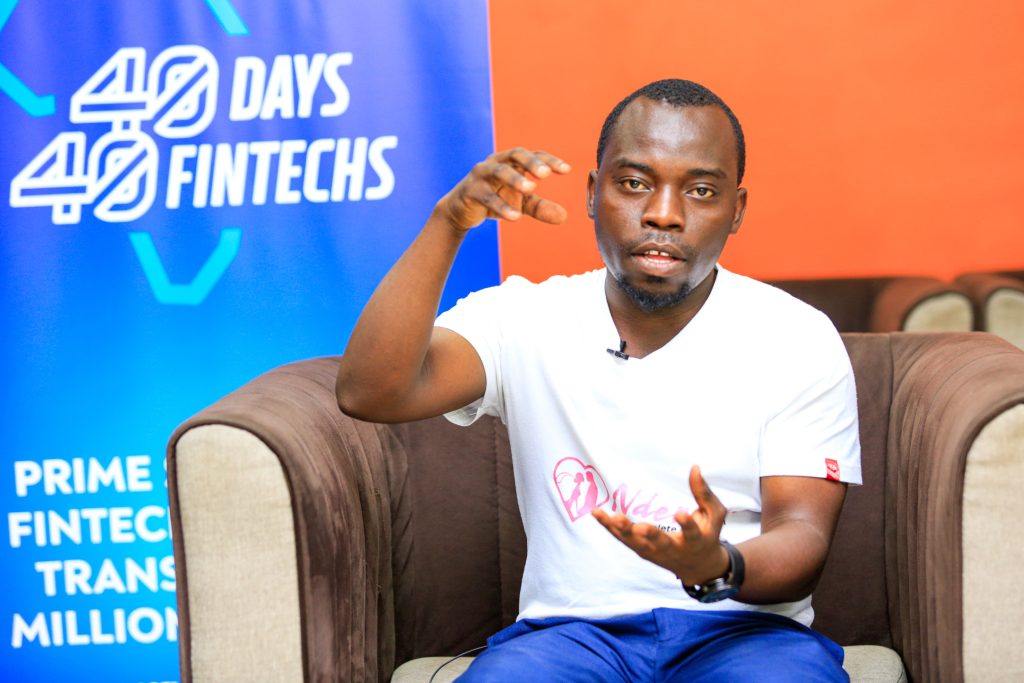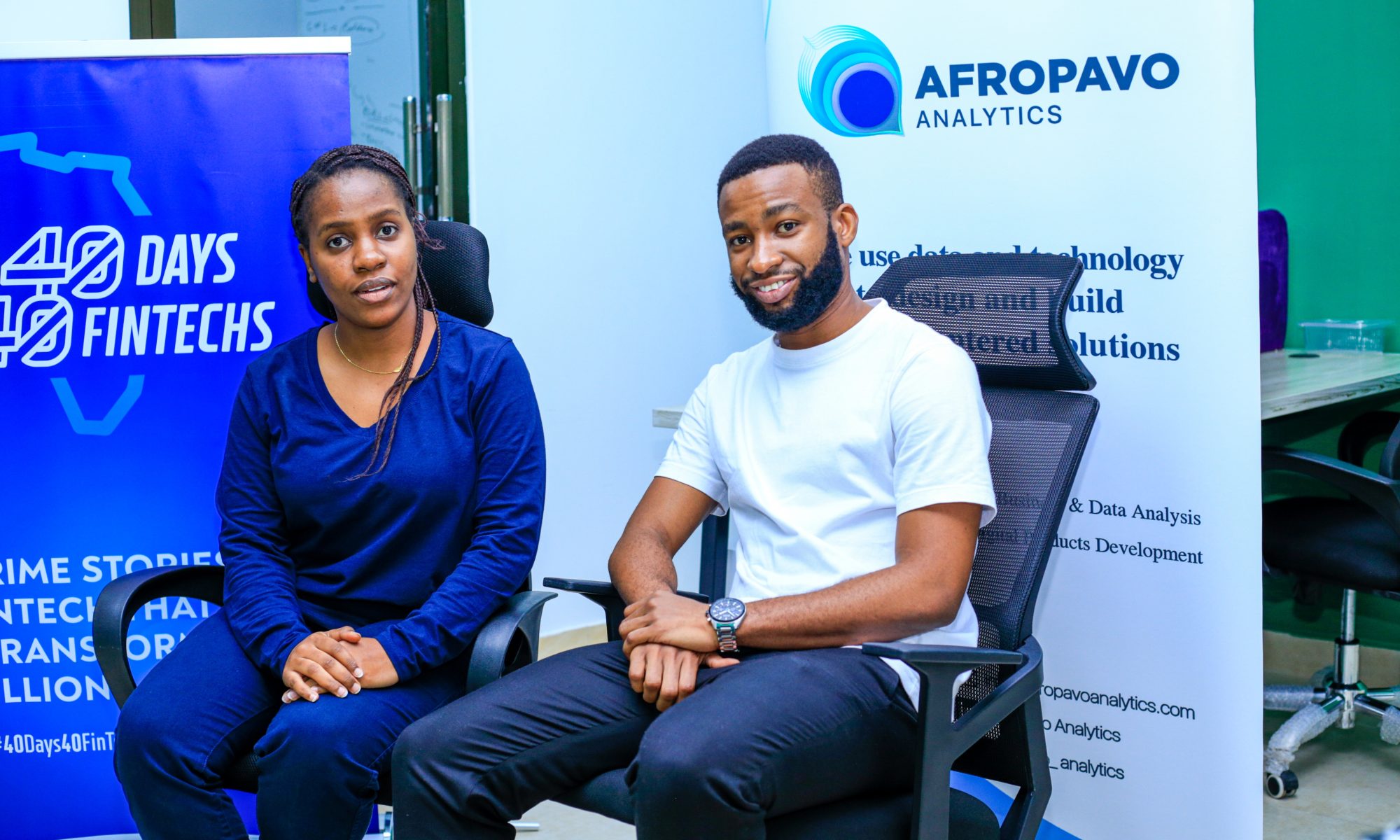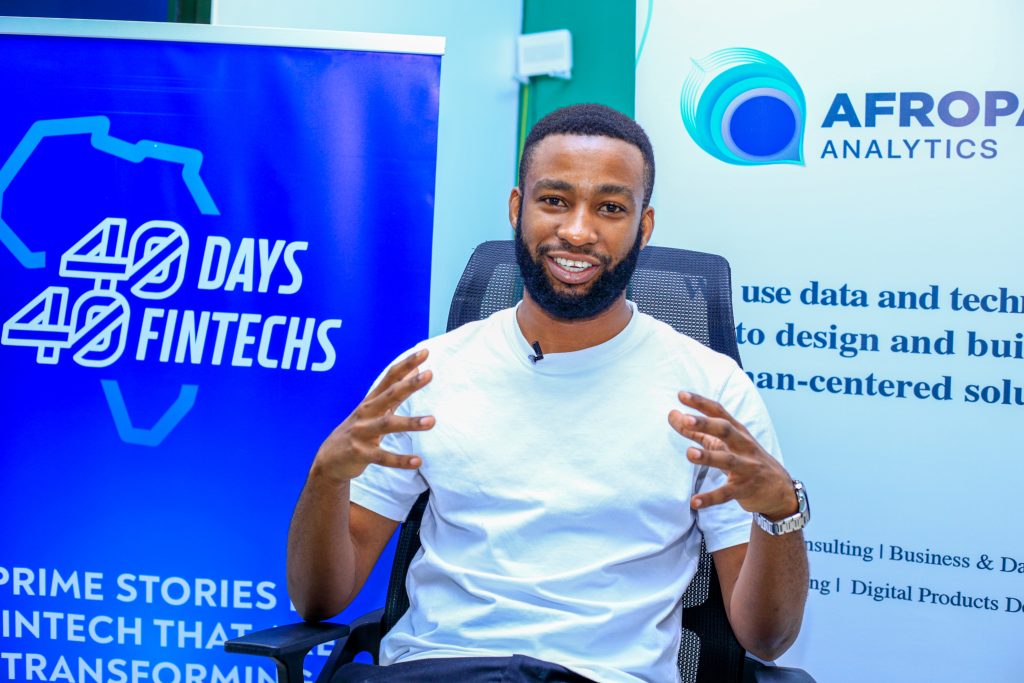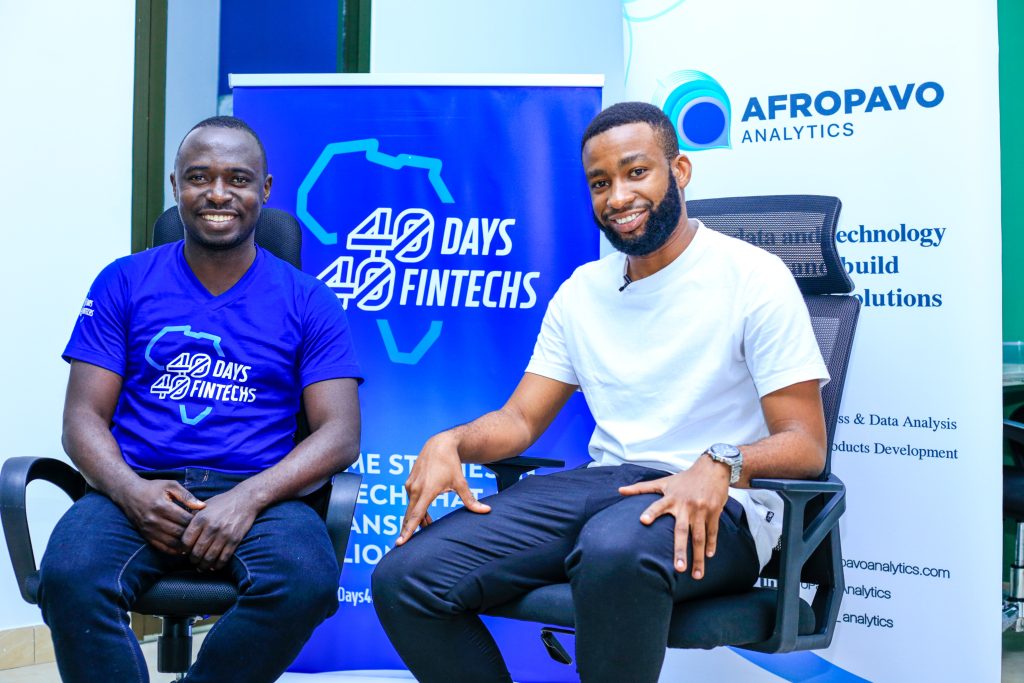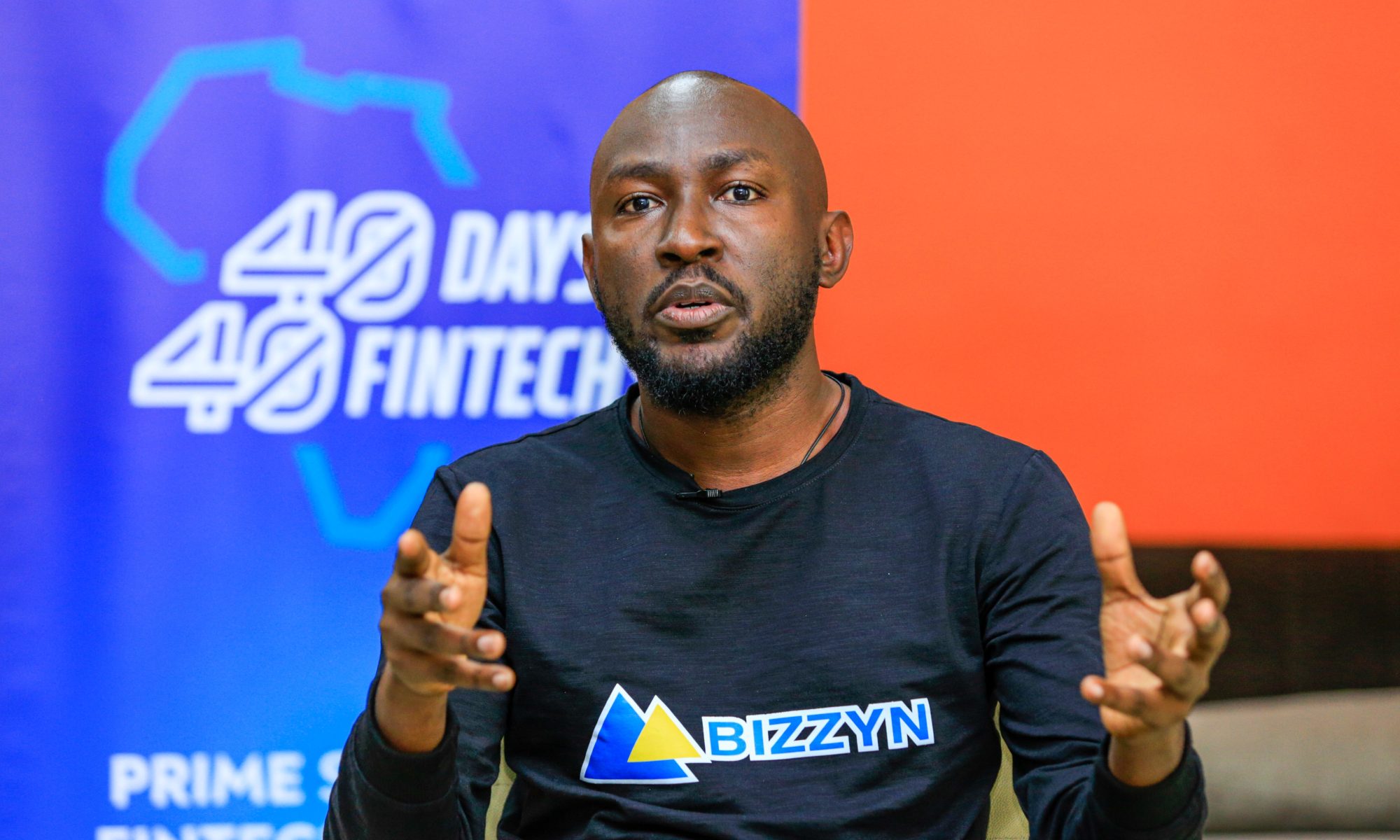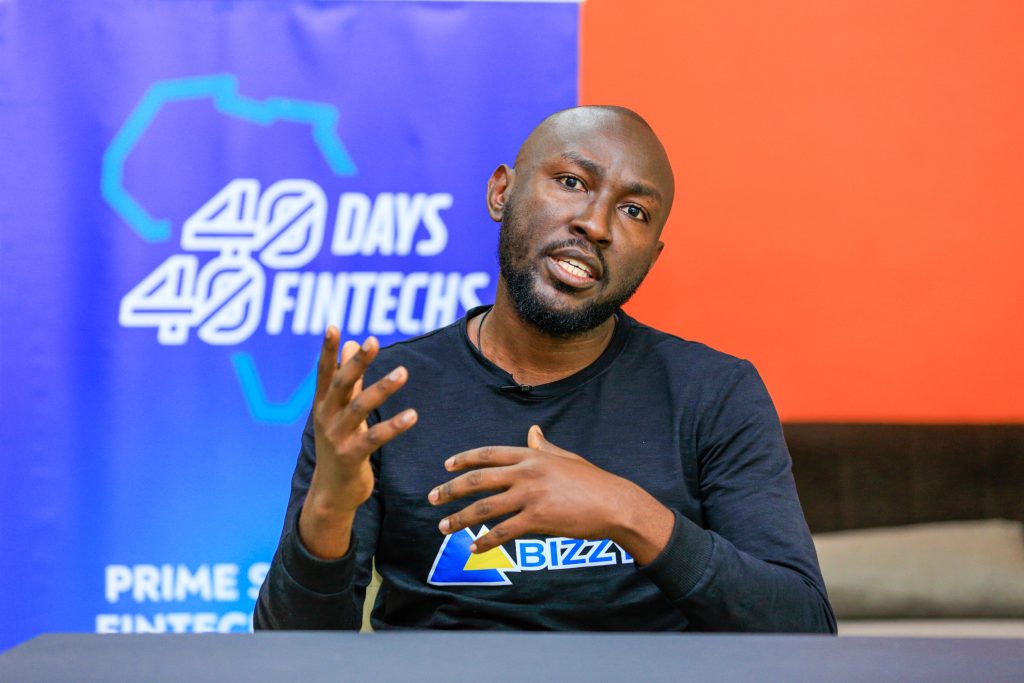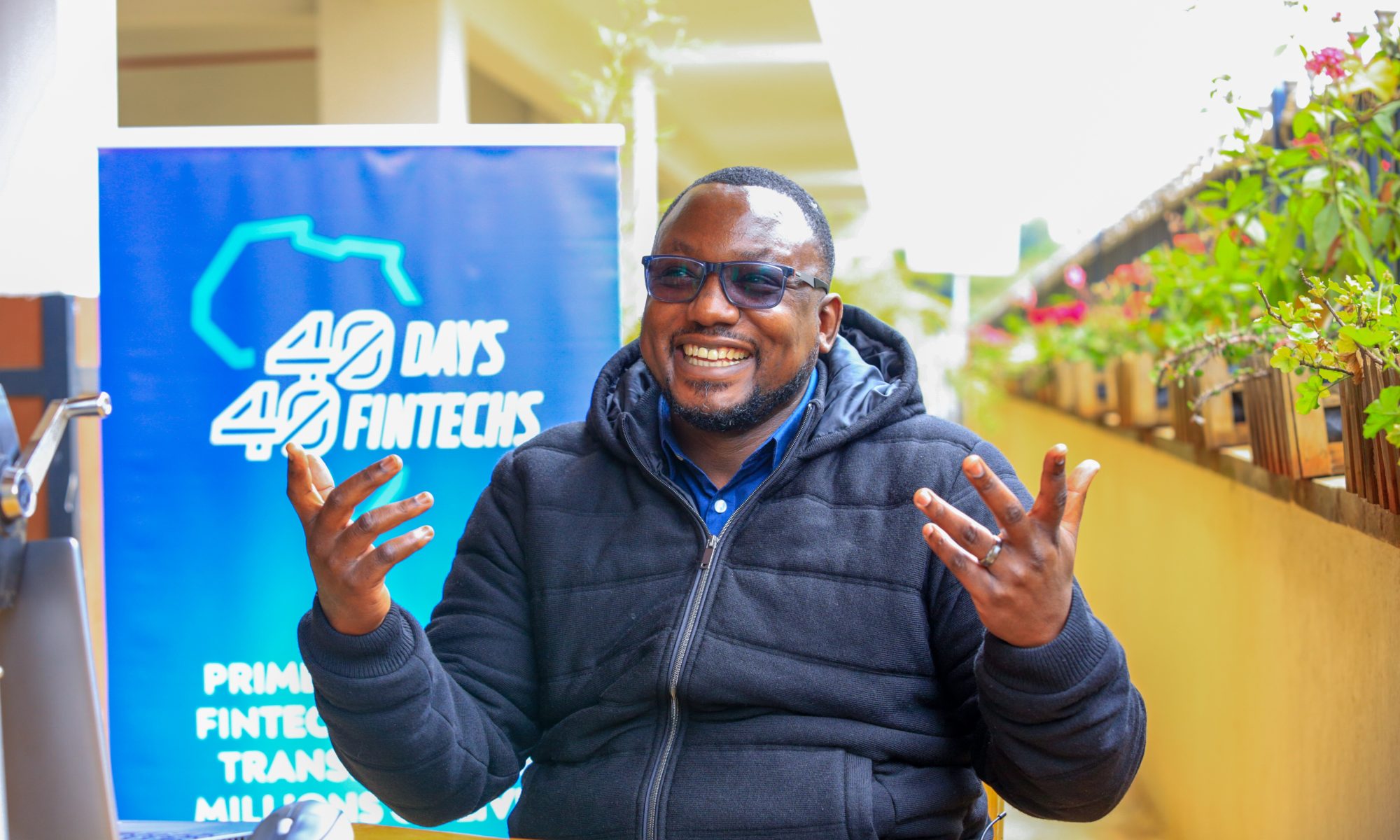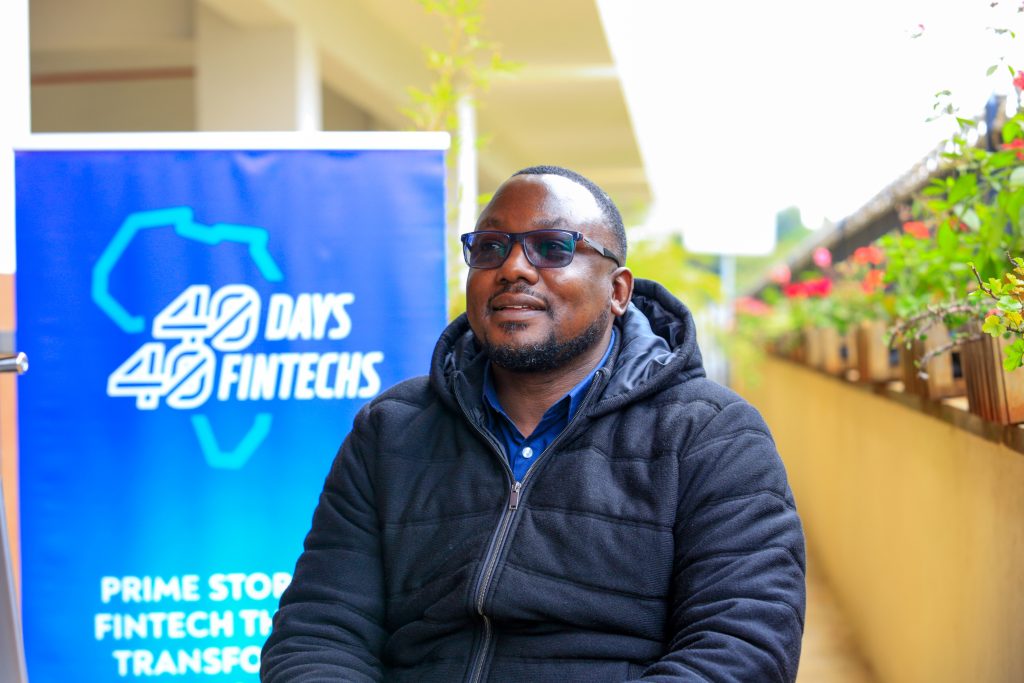Our Reporter.
With the 2022 Women in FinTech Hackathon underway, participants are thrilled and full of hope that they will at the end of it be better people; ready to transform the world through financial technology innovations.
They attribute this to the detailed daily program designed by the organizers that mixes learning technology, developing solutions, and improving personal skills.
Winfred Nandawula, the Team Leader of Tawaza Initiative notes that the Hackathon is helping them breakdown huge concepts into realistic and achievable products.
“One of the biggest issues that has been out there is that innovators have so many things that are going on and have a wide scope of things they are dealing in. But today we are here to learn that you can scale down a problem into something narrower and more achievable. Most of the teams are here to win, learn, innovate and solve community problems,” Nandawula noted.
Now in its third edition, the Women in FinTech Hackathon is part of HiPipo’s commitment towards empowering women with the required digital and financial inclusion skills so that they can go out there; innovate, prosper, earn and develop their families and communities. This year’s edition has gathered 20 Women-led teams of between two to four members each.
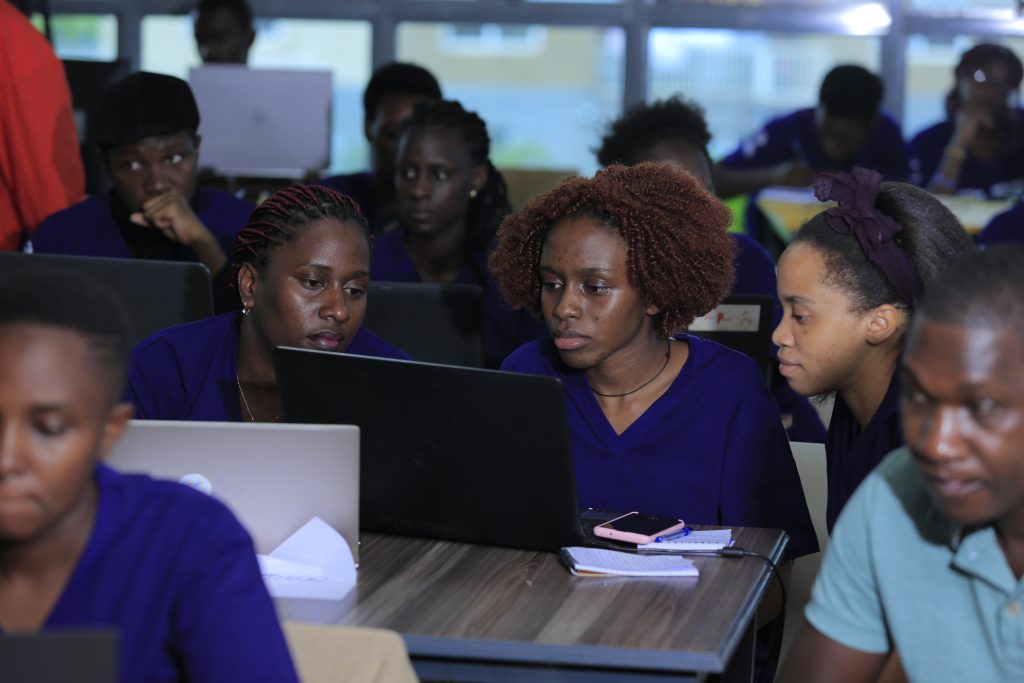
Sophie Nabaale, a participant from Team Sueno- Wetase noted that even though she has been at a hackathon before, the Women in FinTech Hackathon is different from the first one she attended as it teaches both innovation and life skills.
“For example, today, we learnt about financial management, which is a key topic for individuals and businesses. We are here to learn all that is there to learn and I expect to win regardless of the tight competition. But even without winning, I am sure that what I will get from here will impact so much on me and my team at large,” Nabaale said.
Day One of the Hackathon saw teams complete their Problem Statements and Business Cases in addition to being introduced to Level One Project principles. They were also mentored on Finance Management by Damali Ssali, the chief programs and projects officer at Private Sector Foundation Uganda, and Personal Growth by Wendy Nanfo, the COO Kuda Bank (Uganda).
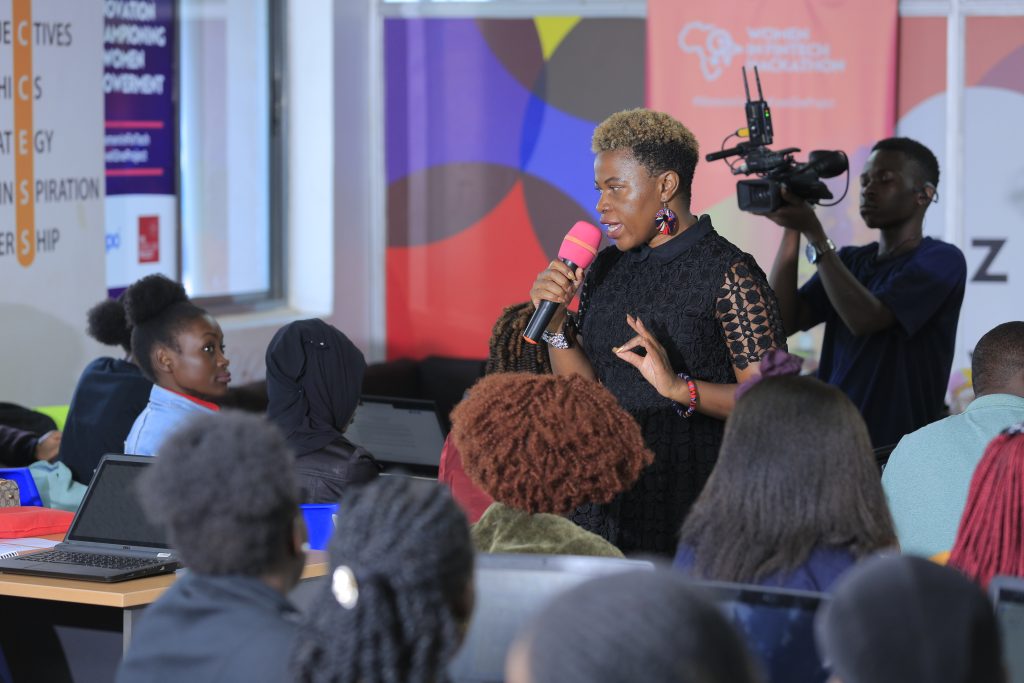
Novita Nyirarukundo, a participant from Kisoro District and Team Leader of Land Resources observed that even though this was her first hackathon, the first day surpassed her expectations.
“We have been introduced to the latest financial technology and new ways of innovation. I have been inspired by the different speakers such as Madam Wendy who mentored us on personal growth. I have realized that success and rest do not sleep together. In all, we are learning and competing for the top prize,” she said.
The 2022 Women in FinTech Hackathon seeks to close the Gender Gap in Access to Technology, Skills, and Usage of Digital Financial Services. It will provide women innovators and students an opportunity to use digital financial technology to explore business concepts. The hackathon will introduce participants to useful tools and offer an introduction to technologies such as Mojaloop Open-Source Software, and guidance from Level One Project foundational material. The skills gained from this initiative will cover Level One Project Principles, Instant and Inclusive Payment Systems (IIPS), Inclusive Finance, and FinTech in general.
According to Cleopatra Kanyunyuzi, the Project’s Lead Facilitator and also co-founder of Club Tangaza, the Hackathon is key in closing the gender diversity gap that is currently experienced in the technology industry.
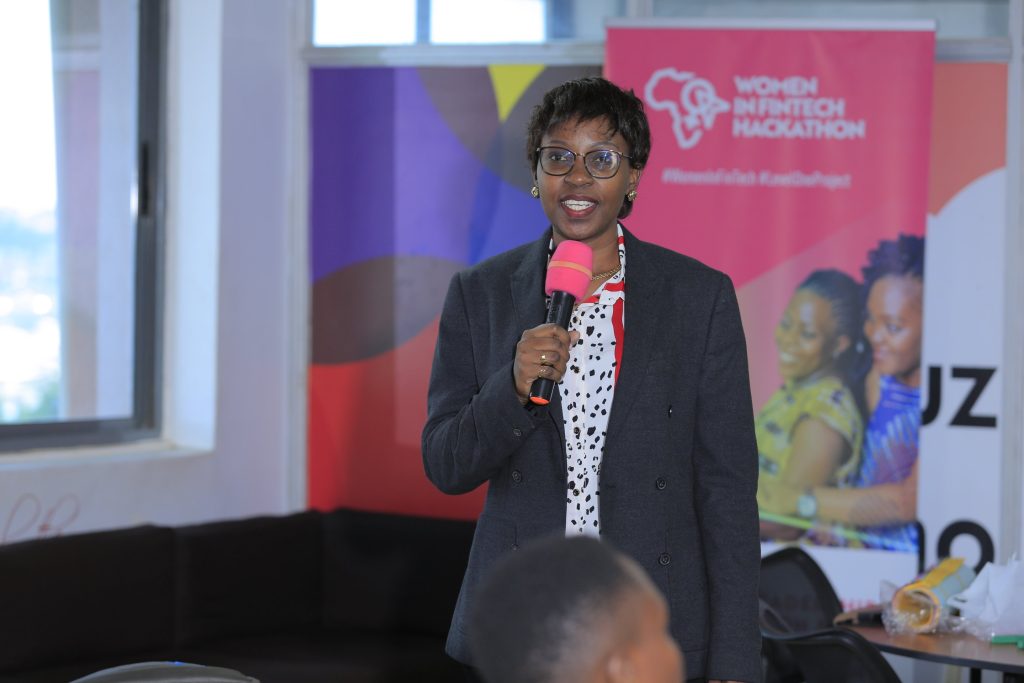
“Technology has been around but it is a male-dominated space. So when HiPipo comes up with such a project, it is trying to onboard more women in this space. The women that are being trained here will in the future contribute to not only closing the gender gap but also changing their communities. This is a learning vehicle that is enriching the ladies and giving them a push to venture and actively participate in the Financial Technology industry,” Kanyunyuzi explained.
The week-long Women in FinTech Hackathon will culminate in the Women in FinTech summit on Friday 16th September at Mestil Hotel, Kampala; where the best performing teams and individuals from across East Africa will be announced and receive their share of the USD 10,000 collective prize money. The best teams will also automatically qualify for the Women in FinTech Incubator program that will run until January 2023.
The Women in FinTech Hackathon, Summit, and Incubator project is presented by HiPipo in partnership with Level One Project, Mojaloop, ModusBox, CyberPLC Academy, and Crosslake Technologies and generously supported by Gates Foundation.

